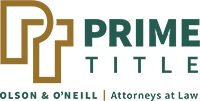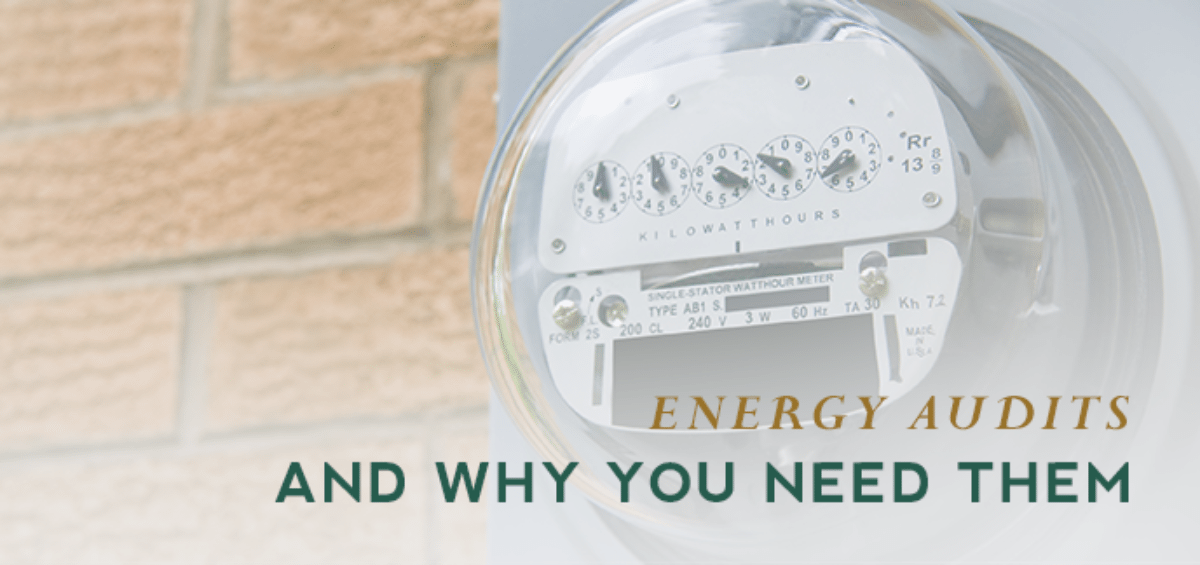A home’s energy efficiency is incredibly important to homeowners, especially with Louisiana’s hot weather. Unfortunately, many buyers don’t learn of efficiency issues until it’s already too late.
While this information is beneficial to the buyer, it can also provide an additional selling point for sellers. However, prospects don’t want to be merely told if the home’s energy consumption is “good” or “bad”. Consider opting for a home energy audit for a detailed analysis of your listing’s efficiency that you can present to prospective buyers.
What are Energy Audits?
A home energy audit is a relatively simple process in which a professional auditor performs a room-by-room assessment of the home’s energy consumption.
Auditors utilize a wide array of tools to ensure that the results are as accurate as possible. Two of these tools are a blower door test to help detect air leaks throughout the home and a thermographic scan, which reveals areas of the house that have received too little or too much insulation.
One of the most useful aspects of an energy audit is that it’s advantageous to both the buyer and seller. In general, these audits identify the problem areas of the home that are losing the most energy so that the buyer or seller can make the necessary improvements.
What These Audits Entail
Home energy audits are an in-depth process, requiring the auditor to move throughout each room of the house to determine what factors are adversely affecting the efficiency. Most begin with the aforementioned blower door test. The auditor takes an airtight door and places it over the exterior door frame while leaving the frame wide open. The blower door utilizes a strong fan that removes all indoor air as a means of lowering the pressure inside. For this test to work properly, all doors and windows need to be closed. It’s also important for the fireplace flue vent to be closed as well if the home is outfitted with one.
By closing all openings, it’s possible to see where air is entering the house. Once the air pressure has been fully removed from the home, the auditor will identify any potential sources of air infiltration, drafts or even heat loss. When putting the house through an energy audit, it’s essential that the blower door test is a calibrated one, as this allows for a much more accurate look at the home’s energy efficiency. However, it should be noted that these tests can only determine if air is being pulled from the house and not how much air is being released, which is necessary in order to identify how much energy is being wasted.
The next aspect of a home energy audit is the thermography scan. This test makes use of a scanner to highlight the infrared spectrum and allow it to be properly seen by the human eye. By using this scanner, the energy auditor will be able to identify the temperatures of each surface throughout the home. With this information, the auditor will be able to identify the current level of insulation and it’s effectiveness. An area with a cooler temperature could indicate a lack of insulation that leads to less energy efficiency.
Once both of these tests have been performed, the auditor will make recommendations on what needs to be done to correct any efficiency issues.
How Energy Audits Help Agents
There are many benefits of having an energy audit done for both listing agents and buyers’ agents with little to no notable downside. This information helps make the home even more marketable, while building trust with prospective buyers.
The benefits of a home energy audit for listing agents include:
- Allowing energy inefficiencies to be identified and reduced before closing
- Preparedness and transparency that helps builds trust with buyers
- Demonstrates to buyers that the seller is confident in the value of their home and that the house is properly maintained
- Provides an additional unique selling point for the listing
As for buyers’ agents, the benefits of a home energy audit include:
- Providing detailed information to you and your client about the home being purchased
- An audit that identifies multiple problem areas creates an advantage for pricing negotiations
- Provides a great opportunity for a 6 month follow-up with the buyer, furthering the client-agent relationship
- Acts as an extension of a mandated home inspection that covers aspects of the home the inspection does not
Impress clients with your thoroughness by opting for a home energy audit. As a listing agent, you’ll make the home more attractive to potential buyers. As a buyer’s agent, you’ll provide your client with knowledge and information that’s invaluable when buying a home.







